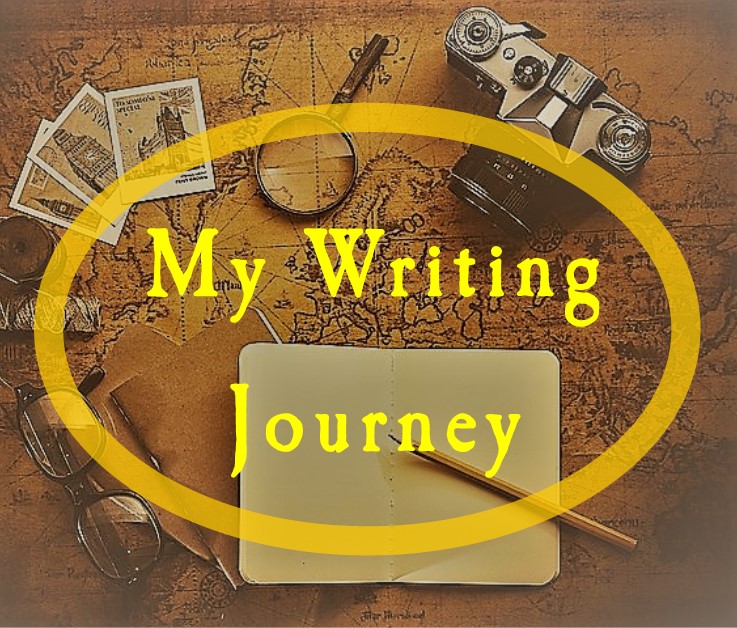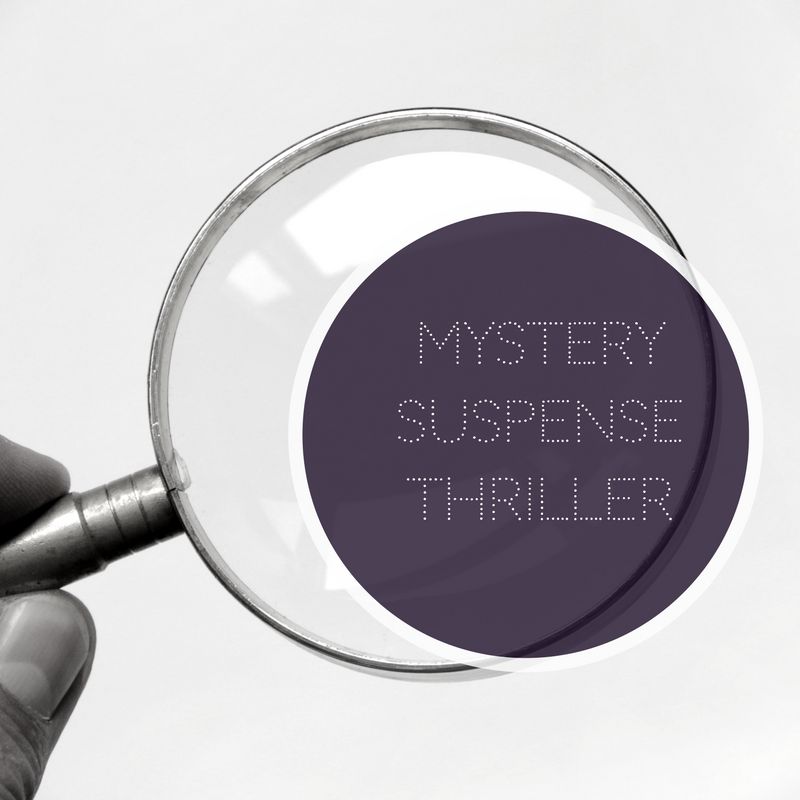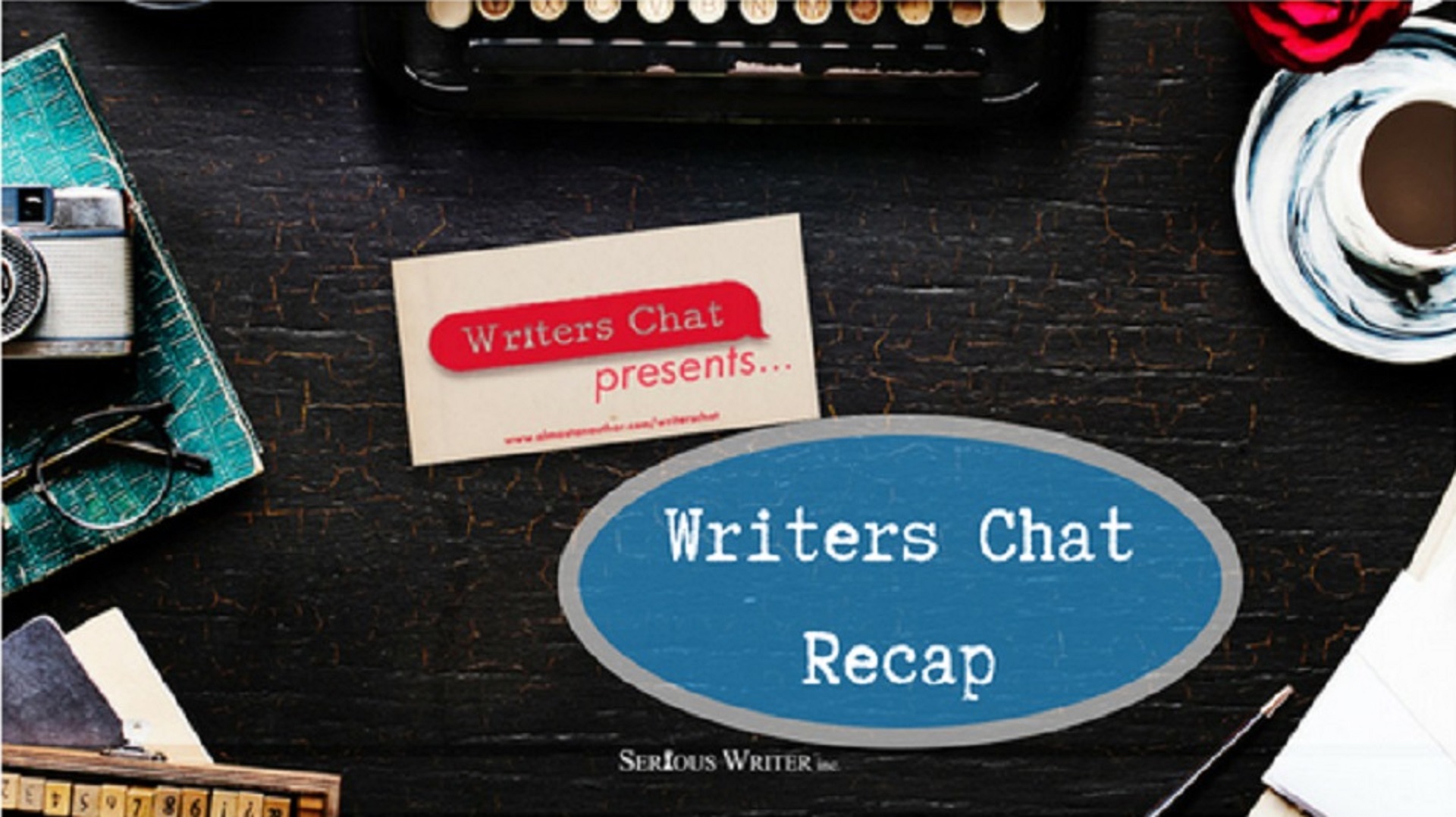
Tackling Time Management
When I was first asked to be a contributing writer to a new column on time management, at first…
September 5, 2018
When I was first asked to be a contributing writer to a new column on time management, at first…
September 5, 2018
Every writer has a desire to learn the craft, screenwriters more so. However, their journey is complicated by the…
September 4, 2018
Doubts assailed me as I stood on the mountain anticipating my first Christian writers conference. Fear tainted my excitement,…
September 3, 2018
Once upon a time writers actually left their characters hanging from cliffs. In the early days of movies, when…
August 31, 2018
Writers Chat, hosted by Jean Wise, Johnnie Alexander, and Bethany Jett, is the show where we talk about all…
August 30, 2018
Often, what we intend to say never comes through in what we write. Sometimes our enthusiasm inhibits the thoughts…
August 29, 2018
If you take a songwriting class, the first thing you will learn is to read the top 40 charts…
August 28, 2018
When I heard that Aretha Franklin had passed away, I felt the urge to listen to her hits. After…
August 27, 2018
I’m excited to share two debut author interviews with you. Heidi Chiavaroli and I chatted a few months ago…
August 26, 2018
Editors are searching for good writing and submissions. How do they find it? Several years ago I asked another…
August 25, 2018
As a blogger, you want to share your creative content and continue to learn and grow. One way to…
August 24, 2018
Writing is a funny art because agents and editors (freelance and publishing house) tell us to write, write, write…
August 22, 2018
In the publishing world nonfiction is a hot item at this time. For both children’s magazines and books (especially…
August 21, 2018
The dark house looked lonely and foreboding as Ellen pulled the key from her reticule and fumbled with the…
August 20, 2018
My writer’s journey began at age eight when I felt compelled to write a story about a turtle. For…
August 17, 2018
This month I thought we might do something different and fun. I want you to write an 81 word…
August 16, 2018
Writers Chat, hosted by Jean Wise, Johnnie Alexander, and Bethany Jett, is the show where we talk about all…
August 15, 2018
If you want to impress an editor as freelance writer, I’ll let you in on a little writer secret.…
August 14, 2018
Every time I read an article from Publisher’s Weekly about trends in Christian publishing, especially fiction, I find myself…
August 12, 2018
Drama moves people like nothing else. Action, pauses, body language, and emotional rawness take them to highs, lows, and…
August 10, 2018
Lots of people aspire to be writers. Not so many do the work to become one. The fact that…
August 8, 2018
Since the release of Star Trek and Star Wars, viewers of space-based science fiction have had certain expectations of…
August 7, 2018
I was recently asked in an author interview what was the one bit of advice I think is most…
August 5, 2018
Let’s face it, sometimes life just stinks. Friends betray us, family walks away and sometimes the boy doesn’t get…
August 4, 2018
I loved books before I could read and scribbled thoughts before I could write. Throughout my childhood, crayons, pens,…
August 3, 2018